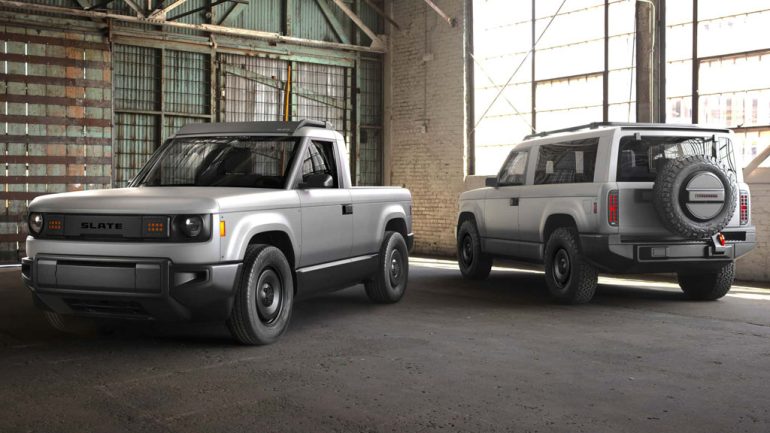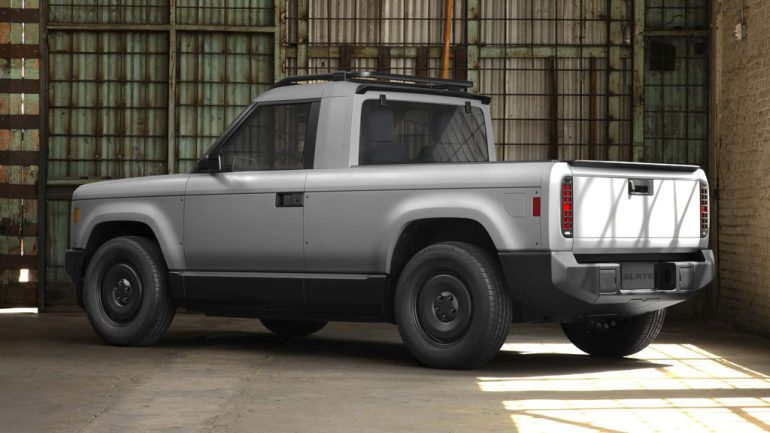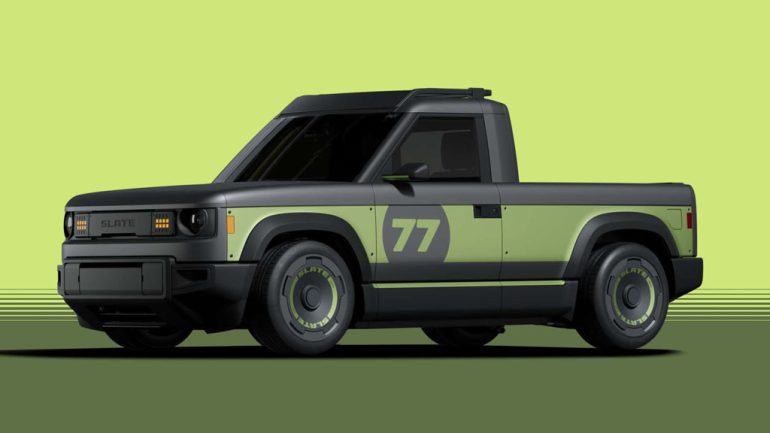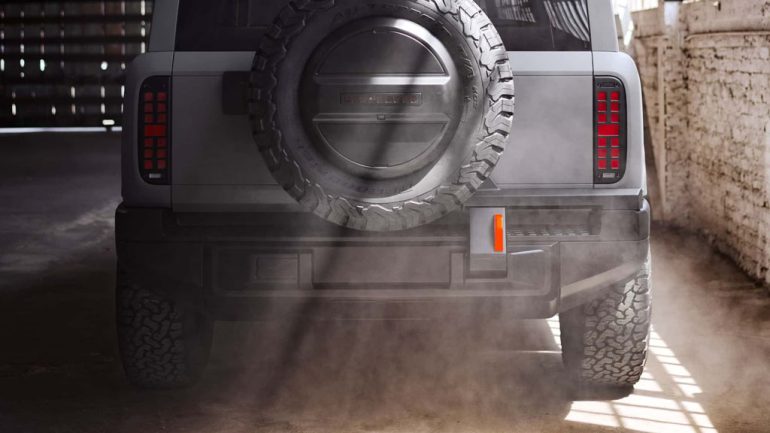Automotive

The affordable pickup has officially made a comeback—this time with a charge. Meet the Slate Truck, a minimalist, no-frills, all-electric vehicle that’s targeting a post-incentive price tag of under $20,000. That’s not a typo. In a world where EVs are usually synonymous with high-tech luxury and soaring price tags, Slate Auto’s debut product throws convention out the window—literally, since it has crank windows.
Unveiled in Los Angeles during a Thursday event, the Slate Truck is turning heads not because of outlandish performance figures or cutting-edge tech, but because of its radical simplicity. Funded in part by Jeff Bezos, the Slate Truck is positioned as an electric workhorse stripped down to the essentials, created for people who just want something honest, functional, and affordable.

Back to Basics, Boldly
Slate CEO Chris Barman summed up the company’s ethos: “The definition of what’s affordable is broken.” And Slate isn’t just talking—they’re acting. The truck comes in just one trim: a two-door, two-seat single cab, rear-wheel drive, and finished in—you guessed it—slate gray. That monochrome approach is part of a larger mission to cut production costs while offering consumers a blank canvas for customization.
Inside, the simplicity continues. No infotainment screen. No high-tech wizardry. Just a universal phone/tablet mount and optional speakers. You can even toss a Bluetooth speaker on the dash if you’re feeling retro. Climate controls are old-school manual dials, and yes, the windows crank. It’s nostalgic in a way that feels refreshingly honest in today’s touchscreen-drenched market.

Electric Where It Counts
Powering the Slate Truck is a single rear-mounted electric motor delivering 201 horsepower and a healthy 295 lb-ft of torque. The base 52.7-kWh battery pack is good for an estimated 150 miles of range. For those needing more, an optional 84.3-kWh “accessory” battery boosts range to 240 miles. Zero to 60 mph takes a modest 8 seconds, and top speed is limited to 90 mph—more than enough for daily errands and weekend dump runs.

The chassis setup is equally down-to-earth: MacPherson struts up front and a De Dion rear axle—a layout seen in vehicles like the Mercedes G-Wagen. Steel wheels and 245/65R17 tires round out the rugged look. And despite its simplicity, safety hasn’t been forgotten. Autonomous emergency braking and forward-collision warning are standard, and the optional SUV conversion kit adds rear airbags.
Size That Suits the City
At just 174.6 inches long, the Slate Truck is shorter than a Honda Civic Hatchback and significantly smaller than the Ford Maverick. It’s compact enough for urban driving but still manages to pack a 5-foot bed and a 7-cubic-foot front trunk. Total curb weight is a lean 3,602 pounds, though its payload (1,433 lbs) and tow rating (1,000 lbs) are modest. Still, it’s clear this truck isn’t trying to out-haul a Silverado—it’s built for simplicity, not scale.

Customize It Your Way
Perhaps the most intriguing part of the Slate Truck is the accessories. Slate plans to offer a wide range of customization options—from color wraps to a “fastback” cap that makes the pickup resemble a classic Range Rover. There’s even a kit that transforms the truck into a five-seat SUV. Some of these upgrades are designed to be DIY-friendly, while others can be installed professionally.

Slate will bypass the traditional dealership model, selling directly to consumers and setting up regional service centers to handle maintenance. It’s a move aimed at cutting overhead and reducing the typical headaches of vehicle ownership.

Cautious Optimism Amid Big Ambitions
Of course, big questions remain. Slate Auto is a startup entering one of the most challenging and capital-intensive industries in the world. Manufacturing vehicles at scale—even simple ones—is a massive task. And with federal EV tax credits likely to change or phase out, that eye-catching sub-$20K price may be difficult to maintain.

But there’s a clear gap in the market. Americans still want affordable vehicles, and the pickup segment remains wildly popular. If Slate can deliver, even at a slightly higher price point, the Truck could become a cult favorite. It’s not just about transportation—it’s a throwback to the kind of honest, durable, personal vehicle that many feel the modern car market has left behind.
In an era dominated by touchscreen everything, the Slate Truck’s analog soul might be just what the electric age needs.
FOLLOW US TODAY:

